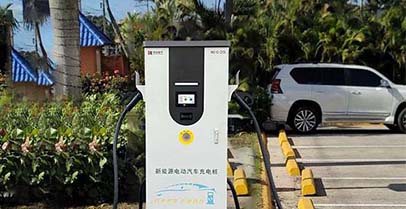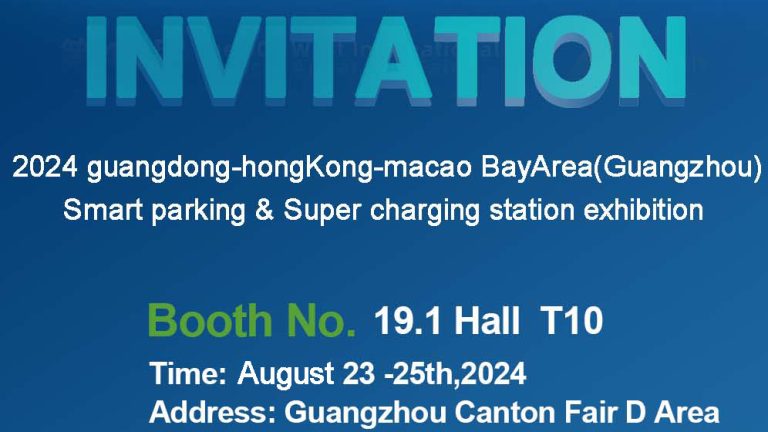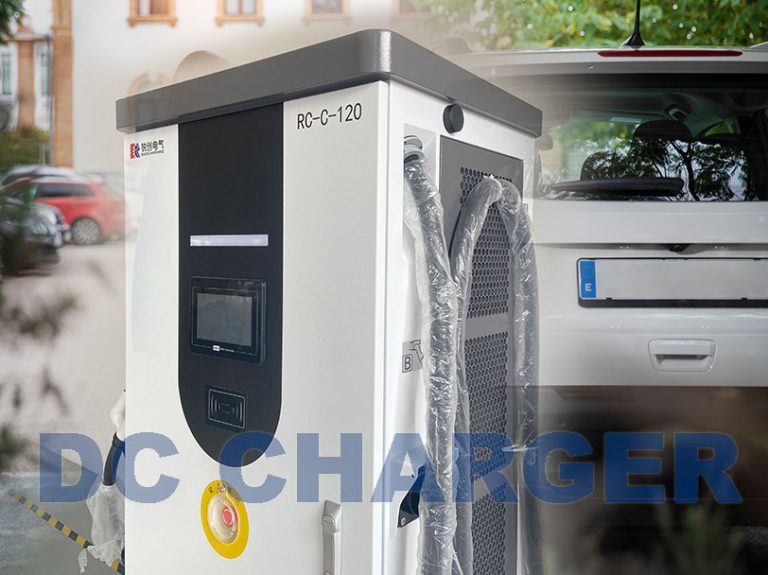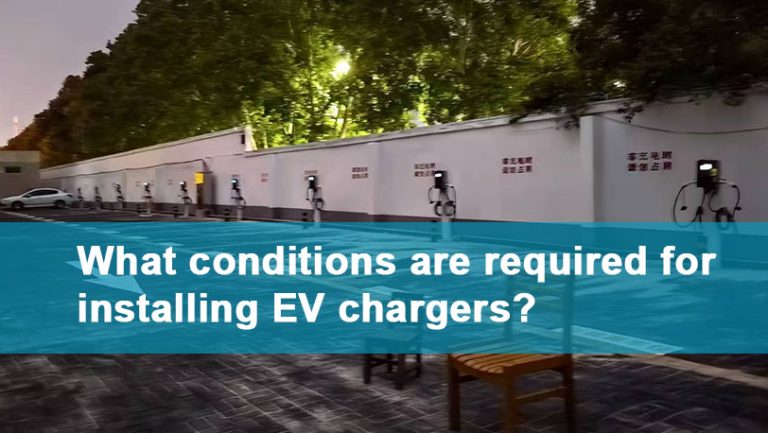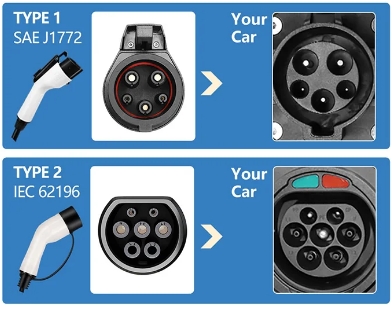As the world transitions towards sustainable transportation, electric vehicles (EVs) are becoming increasingly popular. However, one of the primary concerns for EV owners is ensuring they have access to convenient and efficient charging solutions. With a plethora of options available on the market, selecting the right EV charger can be a daunting task. In this guide, we'll break down the key factors to consider when choosing an EV charger for your car.
Key Factors to Consider:
1.Charging Speed:
The charging speed of an EV charger is crucial for minimizing downtime. Chargers are typically categorized into Level 1, Level 2, and DC fast chargers. Level 1 chargers are the slowest, while DC fast chargers provide rapid charging. Consider your daily driving habits and charging needs to determine the appropriate charging speed for your EV.
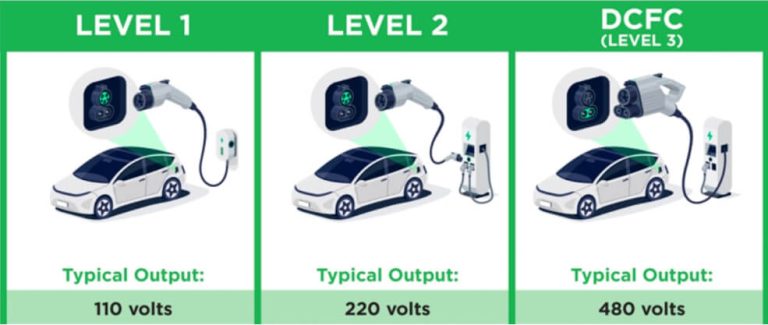
2.Compatibility:
Ensure that the charger you choose is compatible with your specific make and model of electric vehicle. Different EVs may require different connector types (e.g., J1772, CCS, CHAdeMO), so it's essential to verify compatibility before making a purchase.
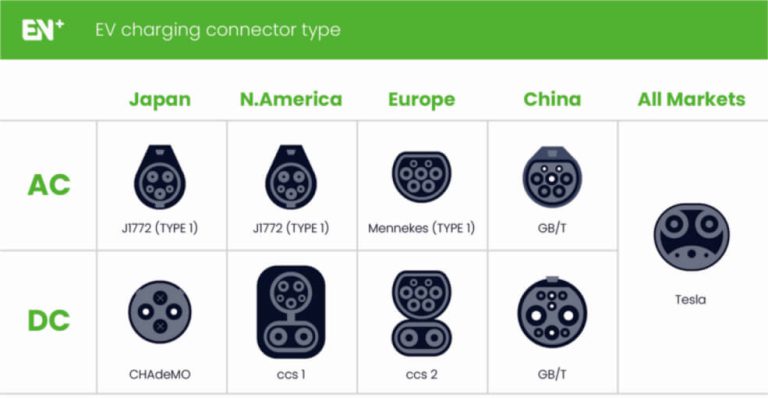
3.Installation Requirements:
Consider the installation requirements of the charger, including electrical capacity, space availability, and any necessary permits. Level 1 chargers typically plug into a standard household outlet, while Level 2 chargers may require professional installation and a dedicated circuit. DC fast chargers often necessitate specialized infrastructure and may be more suitable for public charging stations.
4.Smart Features:
Many modern EV chargers come equipped with smart features such as Wi-Fi connectivity, mobile apps, and scheduling capabilities. These features allow you to monitor charging status remotely, optimize charging times to take advantage of off-peak electricity rates, and even integrate with renewable energy sources such as solar panels.
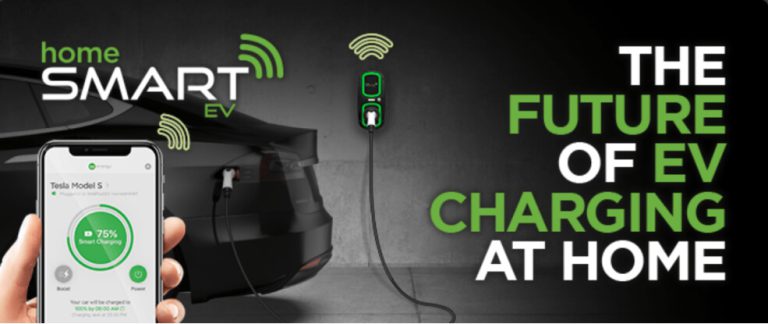
5.Cost:
Consider both the upfront cost of the charger and any potential long-term savings or incentives. While Level 1 chargers are typically the most affordable option, they may not offer the speed and convenience required for all EV owners. Additionally, research available rebates, tax credits, and utility incentives that can help offset the cost of purchasing and installing an EV charger.
Choosing the right EV charger is essential for maximizing the convenience, efficiency, and cost-effectiveness of electric vehicle ownership. By considering factors such as charging speed, compatibility, installation requirements, smart features, and cost, you can select a charger that meets your specific needs and enhances your EV driving experience. Stay informed, explore your options, and make the switch to sustainable transportation with confidence.
RISEN Intelligent supply one-stop EV charging solution, home EV charger 7kw-22kw power , and DC fast charger 60kw-320kw power, welcome to inquiry us and learn more details~


